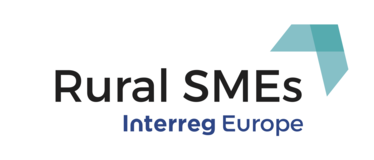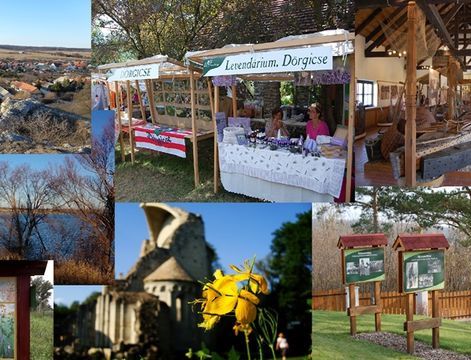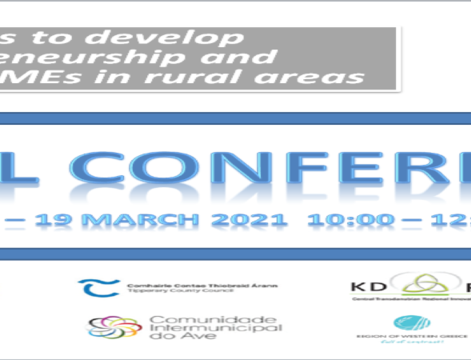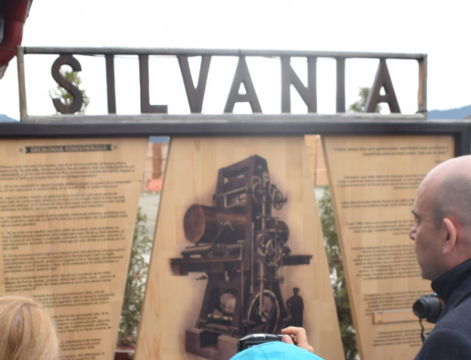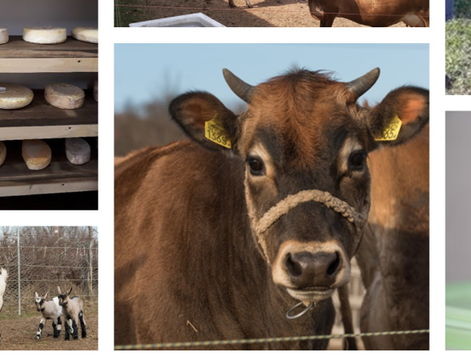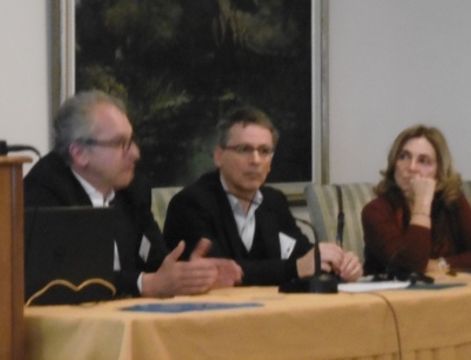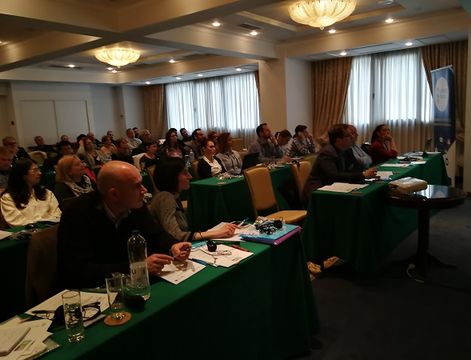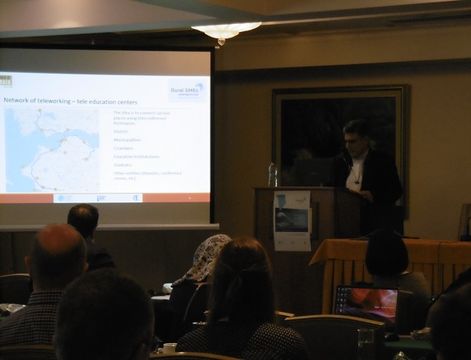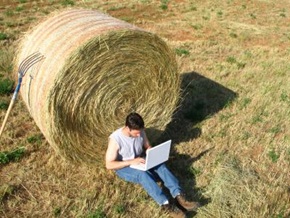Introduction to Co. Tipperary (Ireland)

County Tipperary has an area of 4,303 km², which is 5.1% of the area of the state. It is the 6th largest county in Ireland and has a population of 158,784 persons. County Tipperary is predominantly rural in character with the main urban centres being the towns of Clonmel and Nenagh (populations of 17,908 and 8,439 respectively).
Rural Profile of Co. Tipperary
The economy of Tipperary is based primarily on agriculture, manufacturing, services and tourism. Like Ireland as a whole, a high proportion of its manufacturing industry in the county is foreign-owned. Over 90% of enterprises in the county are micro in size, having less than 10 persons engaged.
Strengths of the Rural Economy
 Central location served by good transport infrastructure and good linkages to major cities, airports and ports.
Central location served by good transport infrastructure and good linkages to major cities, airports and ports.- Strong agricultural & equine sector with good fertile land suitable for intensive farming
- Diversified landscape with mountains, rivers, lakes and productive farmland
- Positive, clean, green image
- The County’s tourism strengths are its heritage product which includes key visitor attractions The Rock of Cashel and Holycross Abbey; its uplands – Knockmealdown, Galtee, Commeragh and SlieveFelim Hills; the River Suir and Lough Derg
- Rural, unspoilt countryside – part of the “hidden Ireland”
- Well established food & drink sector and Food Producers Network
- Strong industrial base of well established companies, particularly in the Clonmel area
- Low levels of outbound commuting
- Tipperary has a reasonably good distribution of business parks, land banks and workspaces
- Tipperary has good local and regional enterprise support structures
- Good cooperation between statutory agencies in the County
- Tipperary has excellent access to third level institutes, with one Institute located within the County
Challenges for the Rural Economy
 To revitalise rural centres through support of rural town and village renewal programmes.
To revitalise rural centres through support of rural town and village renewal programmes.
To develop initiatives which support those who are under-employed, including farm families, equine families and other rural dwellers
To support the development of niche and emerging sectors such as the digital/multi-media area; creative areas; artisan food and crafts, agri-tech etc.
To support Entrepreneurship and Enterprise development through animation of the enterprise sectors. Training and other soft support initiatives and through provision of capital Investment for Rural Enterprise
 To improve the sustainability of the County’s energy use by supporting enterprises which will grow the renewable energy enterprise sector
To improve the sustainability of the County’s energy use by supporting enterprises which will grow the renewable energy enterprise sector
To address the key infrastructural deficits which are restricting the ability to deliver appropriate economic development opportunities in all parts of the county e.g. broadband connectivity etc.
To maximise the attractiveness of Tipperary as a place to invest by identifying the key attractors to investors, prioritising same and implementing on a prioritised basis
Co. Tipperary is best known for...
- Rural, unspoilt countryside
- Some renowned tourist destinations
- In song “It’s a Long Way to Tipperary”
- Its sports teams and people, particularly in our native game, hurling
- Home to many famous horse racing and equine names, such as Coolmore, Ballydoyle , etc
Introduction to Tipperary County Council
 Tipperary County Council (TCC) plays the key role in supporting economic and social development at local level. The Community & Economic Development function of the local authority is of significant importance and is critical to the success of many initiatives which drive local communities.
Tipperary County Council (TCC) plays the key role in supporting economic and social development at local level. The Community & Economic Development function of the local authority is of significant importance and is critical to the success of many initiatives which drive local communities.
Introduction to Michael Moroney of TCC
 Michael is the Head of Strategic Projects Unit, Community & Economic Development, Tipperary County Council. Phone : +353(0)761 065000 Email : [email protected]
Michael is the Head of Strategic Projects Unit, Community & Economic Development, Tipperary County Council. Phone : +353(0)761 065000 Email : [email protected]
3 things to know about Michael
- Originally from the Glen of Aherlow, which is a lovely part of rural County Tipperary
- Will try his hand at any sport involving a ball!
- Grows a few vegetables in his garden!!
The changes Tipperary County Council would like to see implemented from this project
- Deliver increased support services that equip entrepreneurs, owners and managers with the
 knowledge to plan, grow and sustain productivity, innovation and competitiveness, as well as encourage greater technology uptake
knowledge to plan, grow and sustain productivity, innovation and competitiveness, as well as encourage greater technology uptake - Establish a best practice enterprise culture promoting enterprise and self-employment as a viable career option among the wider population
- Implement further actions and initiatives that create awareness among entrepreneurs of the types of supports available, thereby improving the conversion rate of business ideas to fully-formed enterprises
- Provide additional supports, guidance and solutions that make it easier for entrepreneurs, owners and managers to identify opportunities and implement actions to start-up, grow and survive within a competitive business environment
- Increased provision of entrepreneurship education from primary to third-level

